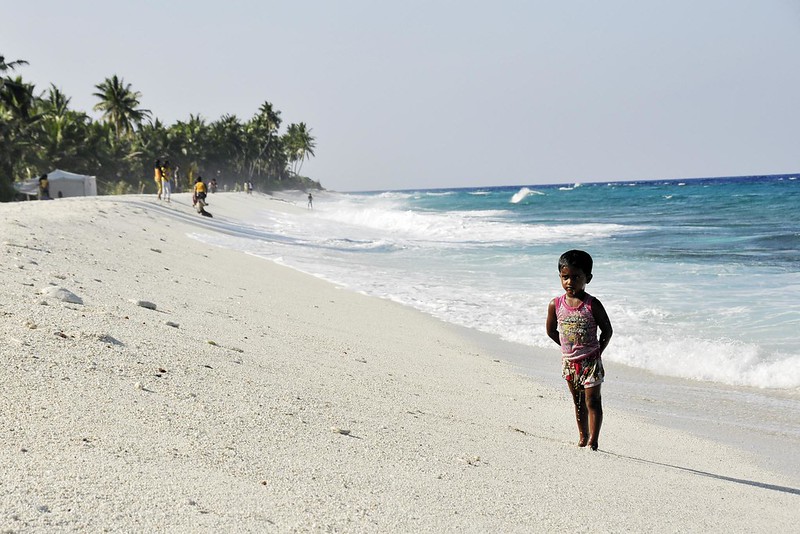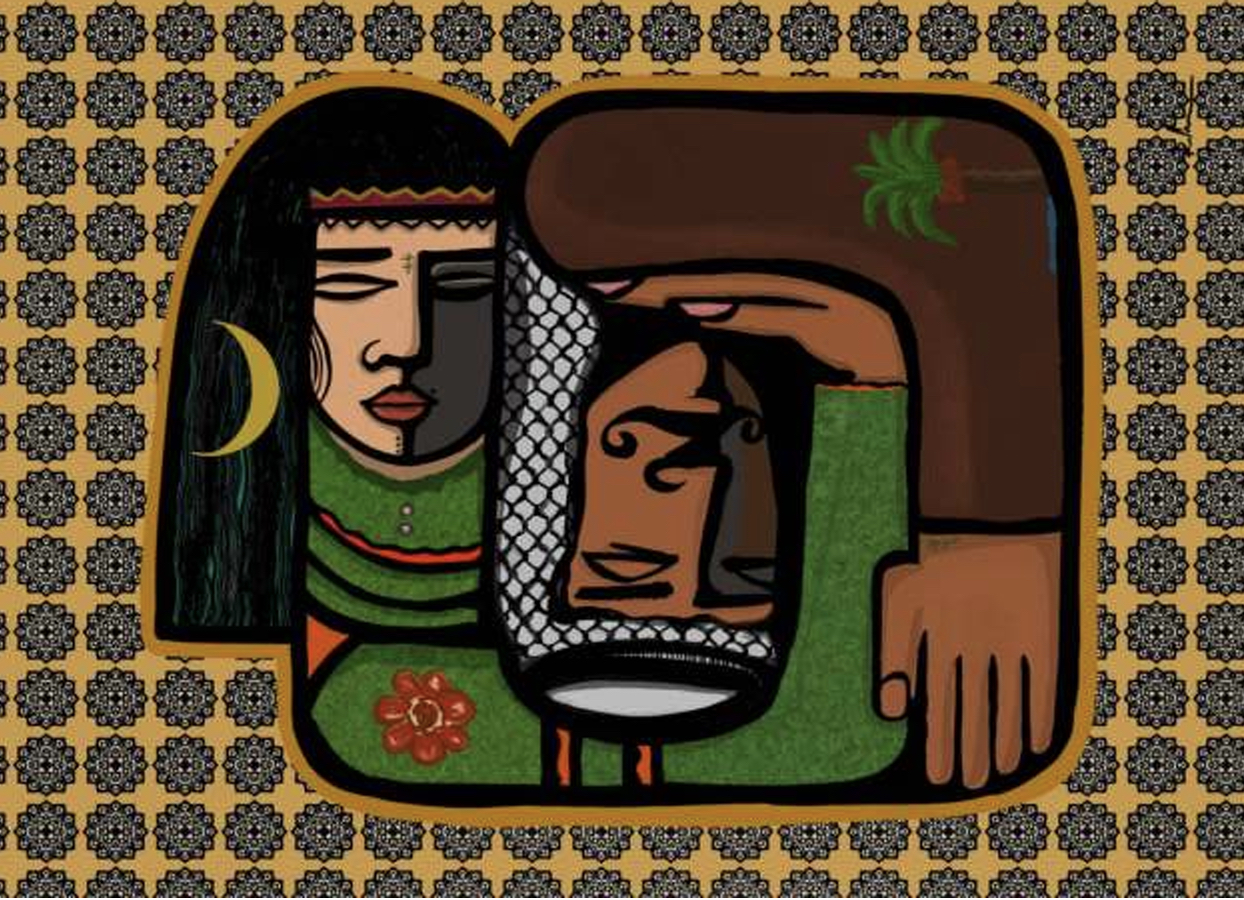US Marijuana Law and its International Legal Implications
In the U.S., cannabis law is a confusing mess of federal and state regulations, medicinal and adult use standards, and complex consequences for those involved in the industry. Marijuana is federally illegal, but 24 states and Washington D.C. have legalized adult recreational use of marijuana and 14 more have legalized medicinal use.[1] Considering the political … Read more











